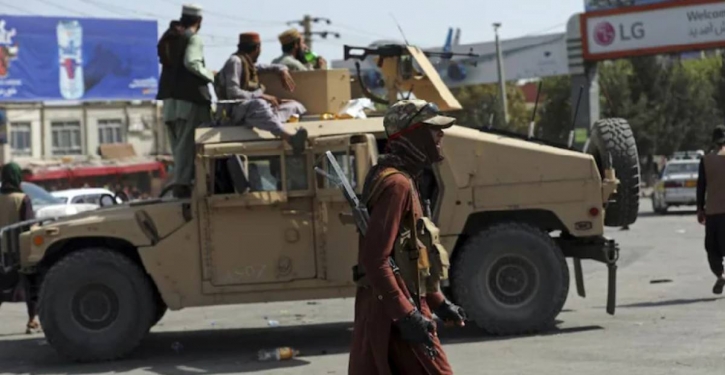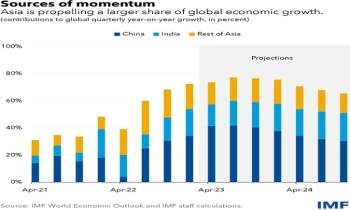Will China’s pro-Taliban game in Afghanistan favour Pakistan?
Harsha Kakar || BusinessInsider

Taliban’s capture of Afghanistan has pushed the war-torn country into chaos and uncertainty. Photo: India News Network
Indo-Pak rivalry in Afghanistan appears to all set to enter into a new phase with the emergence of China as an influencer in the war-torn country. China is keen to recommence its stalled Mes Aynak copper mining project, signed in 2008, but never moved beyond the signing stage, solely from fear of Taliban attacks. It is also attempting to push its Belt Road Initiative into the country and exploit Afghanistan’s mineral wealth.
The Taliban have stated that China can be a partner in development. China hopes that the Taliban will prevent the resurgence of ETIM (East Turkestan Islamic Movement). China is unlikely to dirty its shoes in Afghanistan from the outset. Initially, it would push Pakistan to create a conducive environment for its entry.
Indo-Pak rivalry in Afghanistan may not have ended in Pakistan’s favour. It may be in a pause mode before the commencement of a new chapter, dependent on the approach of the Taliban. Will the entry of China be in favour of Pakistan is to be seen.
Historically, Afghanistan has been an Indo-Pak battleground. Both nations have sought influence in the country, albeit for different reasons.
Whenever India was close to the ruling dispensation in Afghanistan, Pakistan would be concerned. Whenever Pakistan had the Afghan leadership in its pockets, India was concerned. This is not a new phenomenon but has been in practice since 1950, when India and Afghanistan signed a friendship treaty, ignoring Pakistan.
Pakistan’s concept of Afghanistan as its strategic depth stems from its fear of India exploiting Afghanistan to open a second front as also providing Pakistan space to absorb an Indian offensive. Pakistan has, in recent years, accused Indian RAW and the Afghan NDS, both secret services, of targeting it from Afghan soil.
Pakistan has claimed that India’s consulates in Afghanistan are avenues to fund and arm anti-Pak terrorist groups, TTP (Tehreek-e-Taliban Pakistan) and Baluch freedom fighters. Shah Mahmood Qureshi, Pakistan’s Foreign Minister, stated in a recent discussion with Afghanistan’s Tolo news, “At times, we feel that their presence is perhaps larger than it ought to be because they don’t share a border with you.”
This, despite India having the fewest diplomatic officers on Afghan soil as compared to western nations, located further away. Qureshi, along with other Pakistan leaders have used the Indian presence in Afghanistan as an excuse to blame it for all terrorist strikes on their soil, including the recent attack which killed 9 Chinese engineers working with the Dasu Dam project.
Simultaneously, Pakistan’s military leadership terms the TTP as an ally of the Afghan Taliban. Pakistan’s Army Chief, General Bajwa, has stated in the Pakistan senate that the Taliban and the TTP are two sides of the same coin. The Pakistan Army and government demanded that the Taliban crack down on the TTP.
In response, the Taliban requested Pakistan to engage in talks with the TTP as they consider it as part of their organization and would not act against them.

































